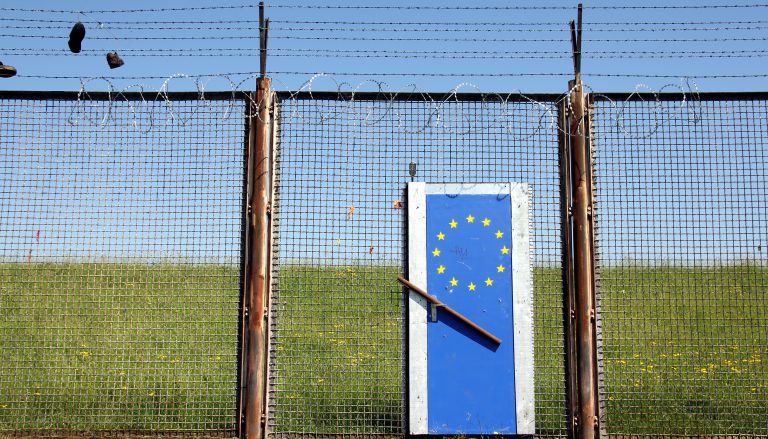The European Union (EU) plans to allocate €164.5 million to Tunisian security forces, raising concerns about potential human rights violations. According to the Financial Times (FT), the EU aims to significantly increase spending on migration-related initiatives over the next three years, with a substantial portion directed towards security and border management.
Funds allocated to Tunisian security officers will support various programs, including a training academy for the national maritime guard and the procurement of equipment such as radars and boats. Despite these investments, activist Jihed has raised alarm about Tunisia’s role as “Europe’s border police,” highlighting the interception of 1,328 refugees and the tragic deaths of nine individuals at sea in recent operations.
Meanwhile, the International Organization for Migration (IOM) reported the discovery of 65 bodies in a mass grave in Libya, shedding light on the perilous journey faced by migrants attempting to cross the desert. The Libyan coastguard’s interception and return of 579 migrants further underscored the challenges faced by those seeking refuge.
In another development, the European Commission (EC) faced criticism for bypassing parliamentary scrutiny in its decision to allocate funds to Egypt. The urgency of transferring €1 billion to Cairo prompted EC President Ursula Von der Leyen to sidestep normal procedures, raising concerns about accountability and transparency.
The EU’s policy of externalization, aimed at addressing migration challenges, has drawn scrutiny for its impact on refugees and migrants. Al Jazeera highlighted the plight of individuals caught in the crossfire, emphasizing the need for a more humane approach to border management.
Amidst ongoing humanitarian crises, including the conflict in Gaza, international organizations have called for immediate action to address the needs of affected populations. UNRWA’s Philippe Lazzarini condemned Israel’s obstruction of food convoys into northern Gaza, describing it as an intentional act exacerbating a man-made famine.
In response to escalating tensions, the UN Security Council passed a resolution calling for an immediate ceasefire in Gaza. However, challenges remain in ensuring the delivery of humanitarian aid to those in need.
The EU’s approach to migration control continues to evolve, with discussions underway regarding potential agreements with Lebanon to stem the influx of migrants. As policymakers navigate these complex issues, the protection of refugee rights and the promotion of humanitarian principles remain paramount.
Source: Financial Times, International Organization for Migration, Al Jazeera, European Commission, UNRWA, UN Security Council, ECRE




